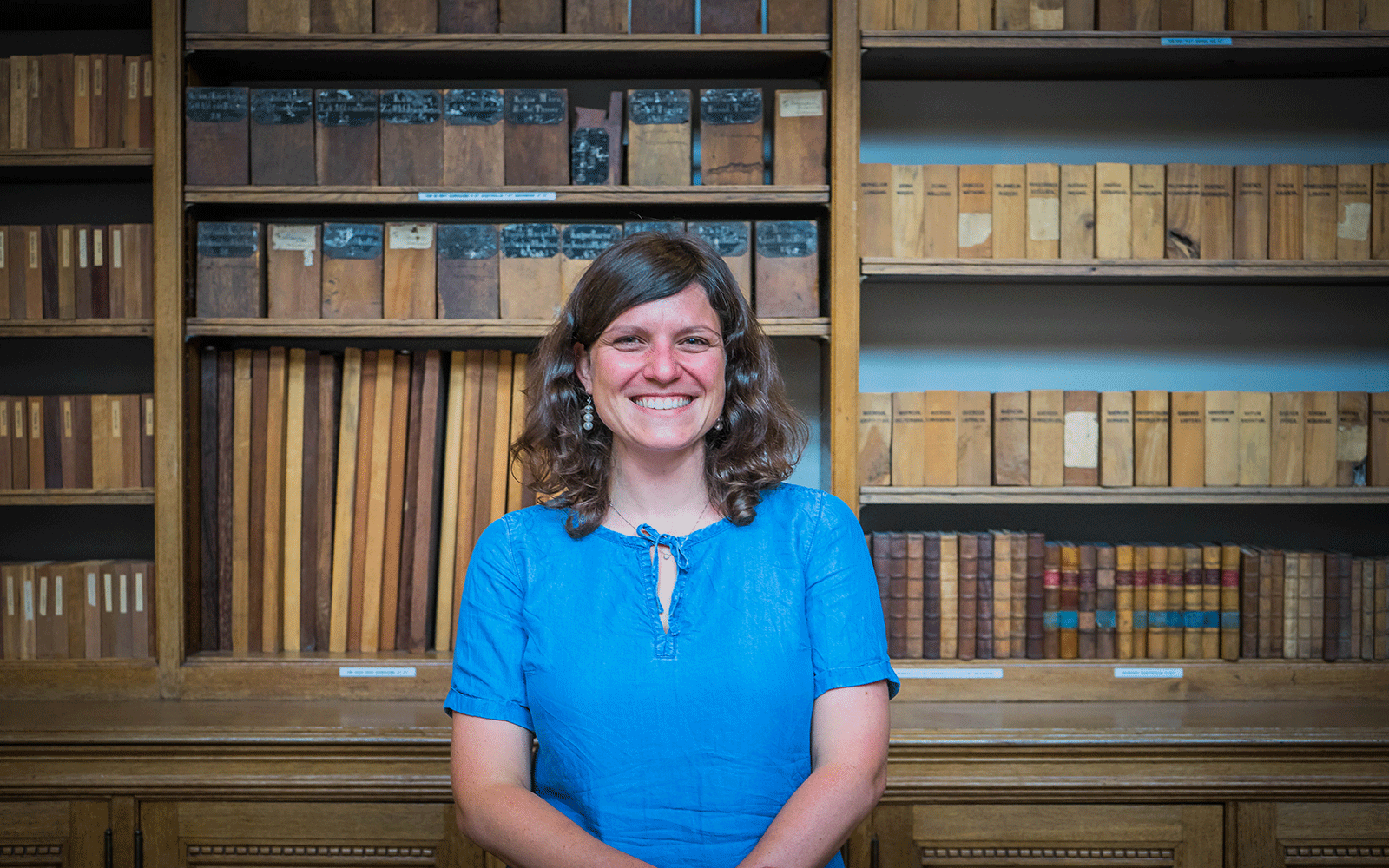Sandra Alba is a Netherlands-based epidemiologist and a member of the Significance editorial board
What was the impact of the Covid crisis on the field of epidemiology?
The most amazing part is that people around me finally understand what I do for living. And they can relate to the terms I use to describe my work. No, I don’t diagnose and treat skin diseases. No, I don’t run around with a syringe to take random blood samples or forcibly vaccinate people. Yes, I analyse data to plan and monitor health service delivery. Absolutely, I try my best to ensure the samples I work on are representative and unbiased. For sure, false positives and false negatives are an issue and we need to carefully think about which one is worse in which context.
What statistical techniques do you use most in your day-to-day work?
Regression analysis – when I’m lucky it’s linear, often it’s Poisson or negative binomial, but mostly it’s logistic. I recently had the opportunity to fit a zero-inflated Poisson model to predict subnational tuberculosis prevalence in Pakistan. It was a very enjoyable learning experience.
If you could be involved in any global health initiative in the world, what would it be?
I find the work of the WHO Global Health Observatory fascinating. It’s a database that provides the latest available data on causes of death and disability globally, by country, age, sex, etc. These estimates are key to ensuring that countries are able to prioritise resources and address the most pressing health problems in their context. They also enable countries and donors to monitor and evaluate the impact of disease control efforts. Of course, there are many issues with regards to the validity and legitimacy of these types of global estimates, but fundamentally I think they are the cornerstone of evidence-informed decision making in global health. I’m particularly interested in the value of disaggregations by sex, geographical areas and socio-economic groups to ensure equitable health service delivery.
How do you see your field changing in the next 5–10 years?
I’d like to see a “democratisation of epidemiology” i.e. more patient, community and societal input throughout in all stages of epidemiological studies, from study preparation to dissemination of findings (as we advocate for in the BRIDGE guidelines for good epidemiological practice). I think that is key to fostering trust in science and ensuring the validity and trustworthiness of research. Ideally I’d also like to see some great positive AI breakthrough but I wonder if we will even witness a meaningful use of AI in epidemiology in coming years. At first glance, AI seems to offer so much potential to support evidence-informed decision making in health. But it’s also a black box-type of approach riddled with unknown biases and, as such, rather antithetical to good science.
What’s the funniest/strangest thing that’s ever happened to you in the line of work?
I was once invited to give an epidemiology workshop for a West African country’s public health department. My colleague and I opened the workshop on the first day and were briefly joined by an external person who came to say a few welcoming words. She noticed there were no women among the participants and simply asked why. Within hours, women started trickling in and silently filling the back row seats. I was so pleased to see that happening but, just as they had appeared, these women soon started disappearing again. As it turns out, they had been sent to buy groceries and prepare drinks and snacks for the coffee break.
After the break, my colleague and I reviewed the programme, scrapped all future coffee breaks, and explained that we valued women’s presence in the workshop more. Our caffeine withdrawal headaches increased in intensity as the days went by, but they were worth it: on the last day all the ladies thanked us for the possibility to join the workshop. But more surprisingly and noteworthy, the (male) head of department thanked us for opening his eyes to the ‘hidden potential’ residing in his female workforce. That’s when I realised that only privileged women – like me – have the luxury of not having to think of feminism and women’s rights on a daily basis. But also that even a simple innocent question asked at the right time and right place can make a big difference. Since then I always try to keep tabs of the male/female ratio and to speak out if I notice anything unusual.
You might also like: 5 minutes with: Theresa Smith




